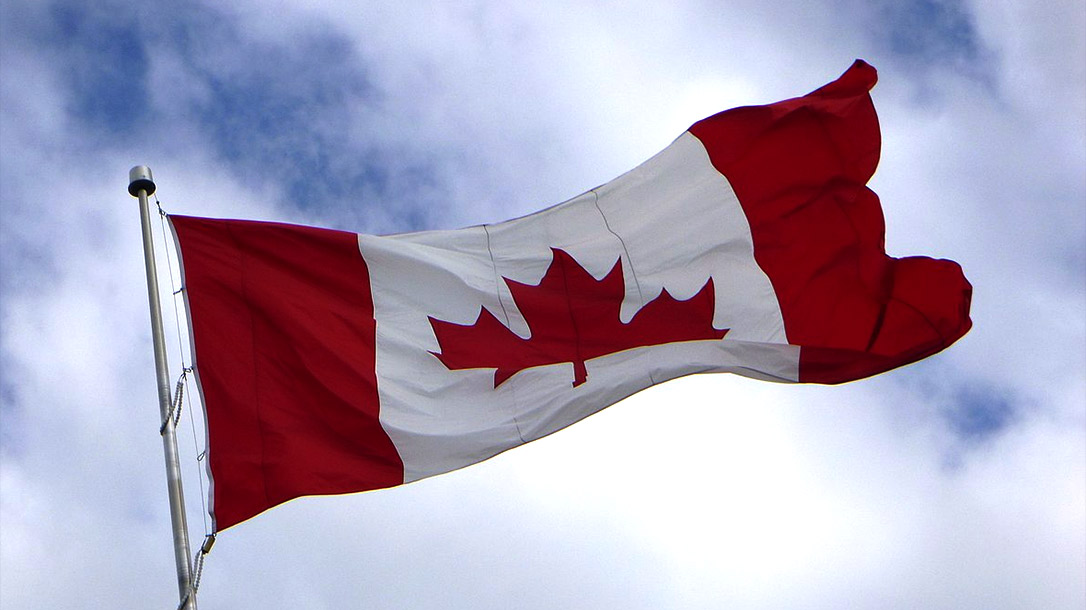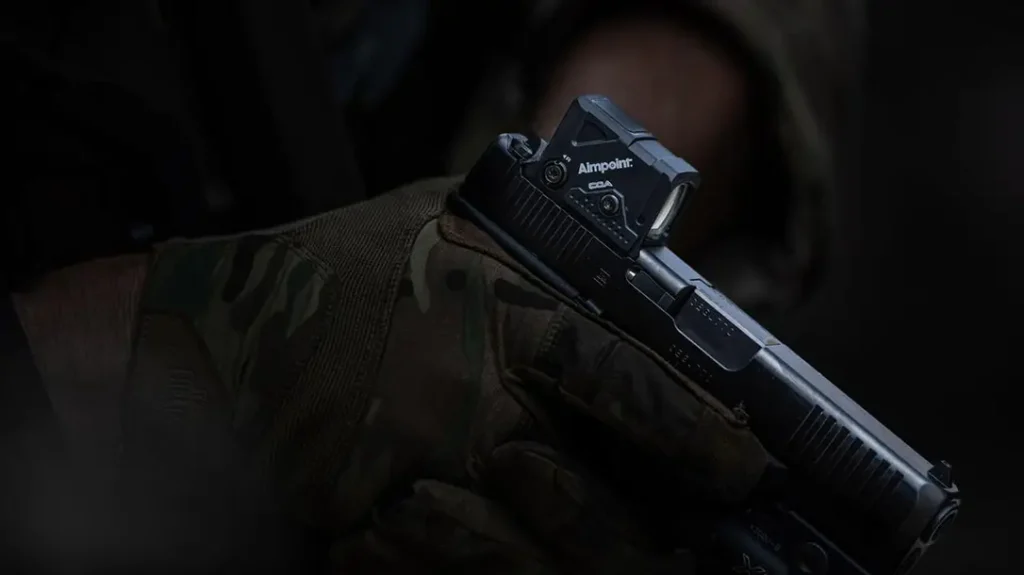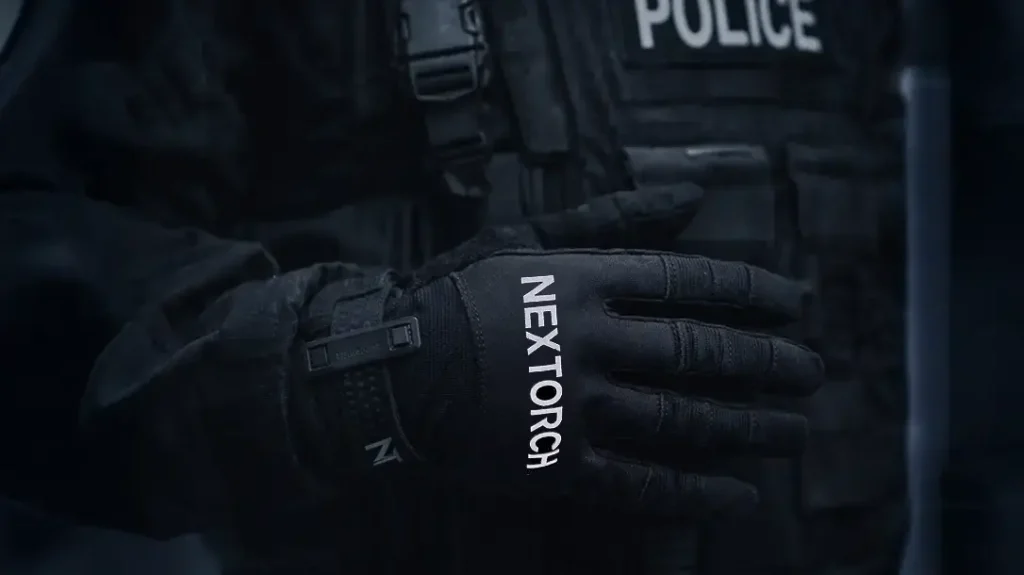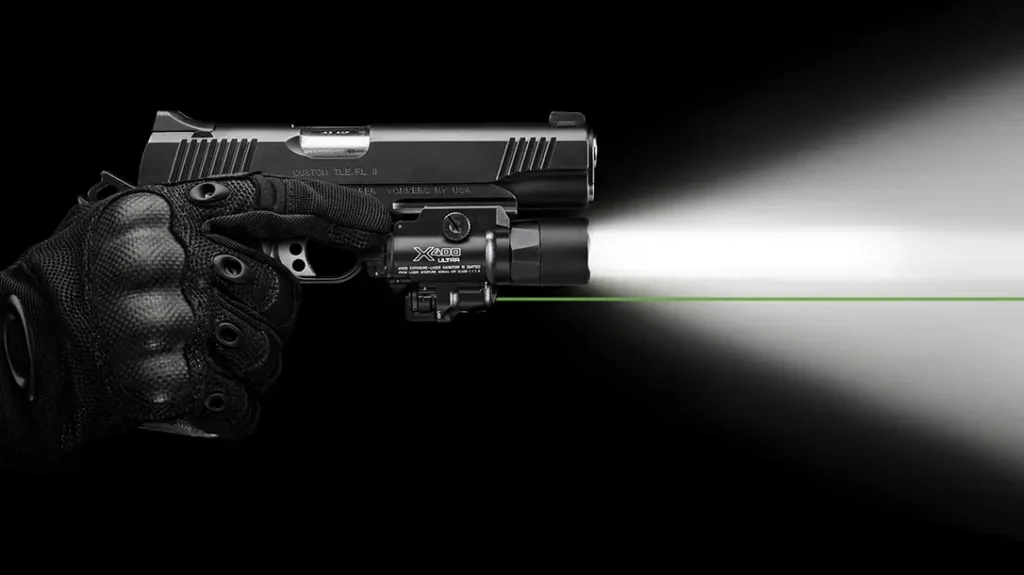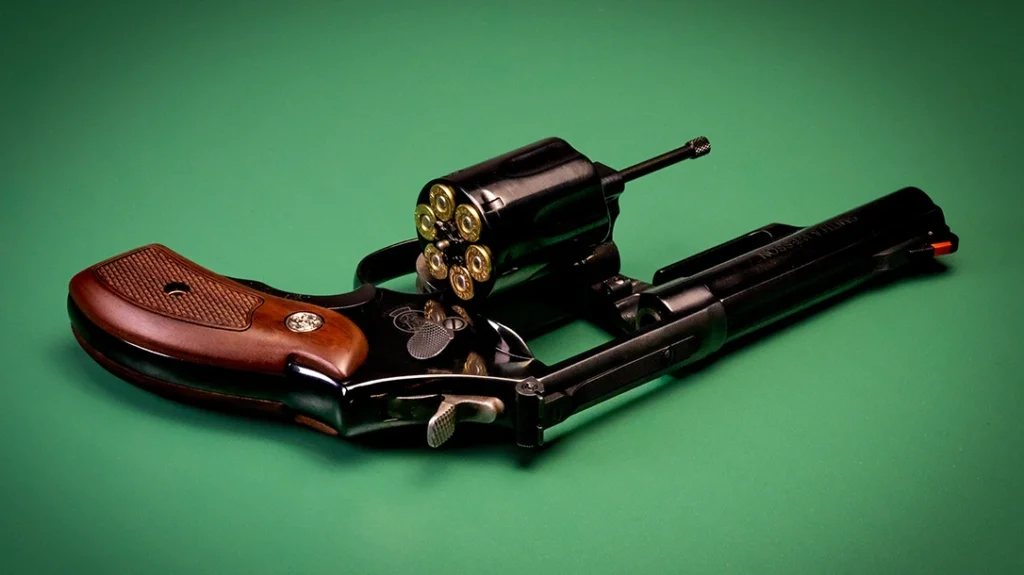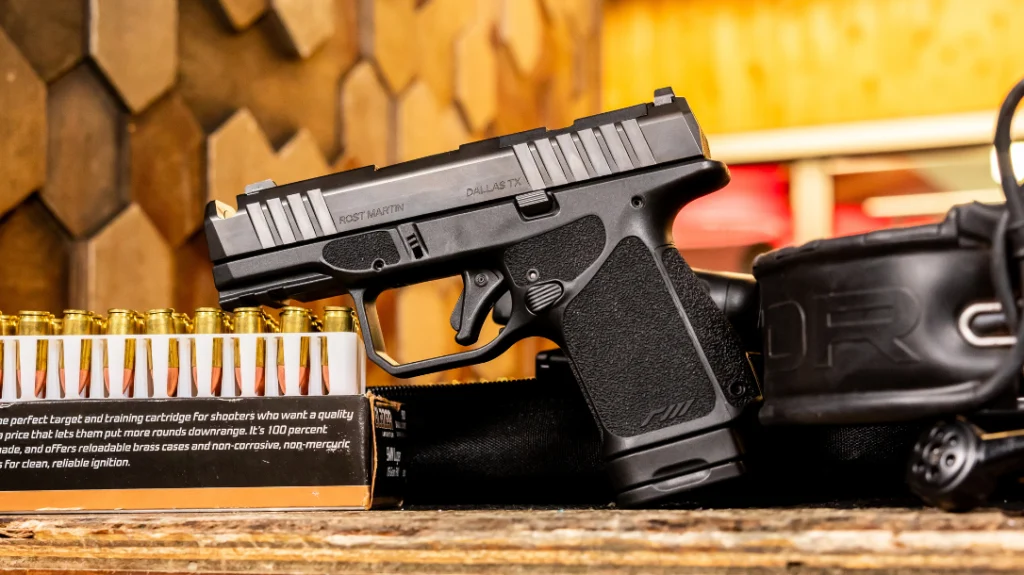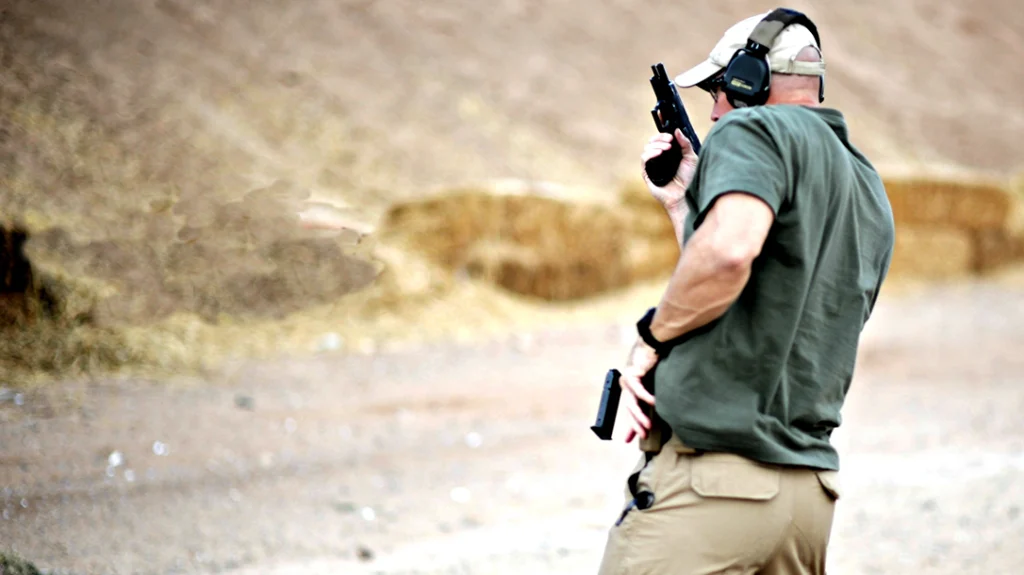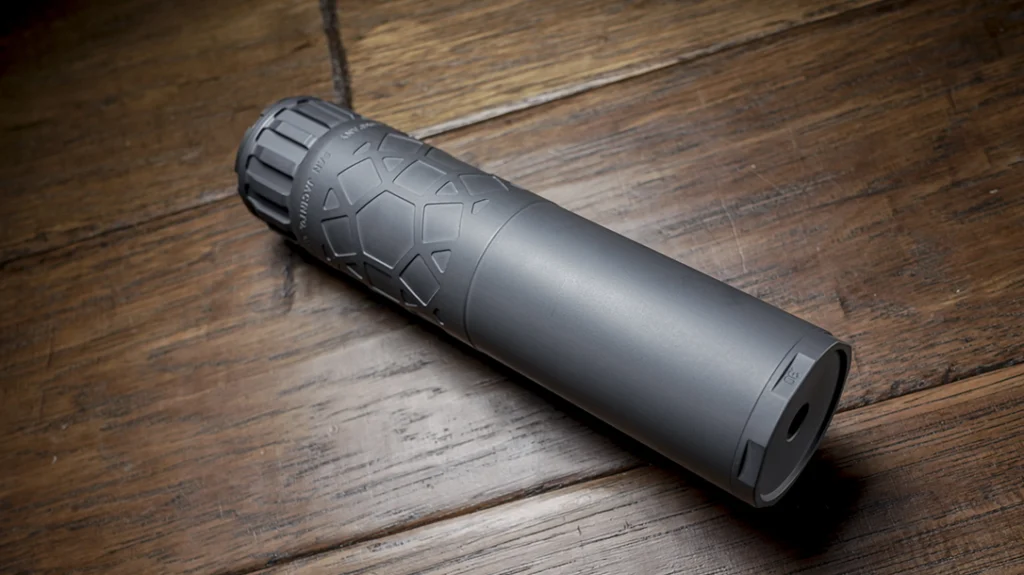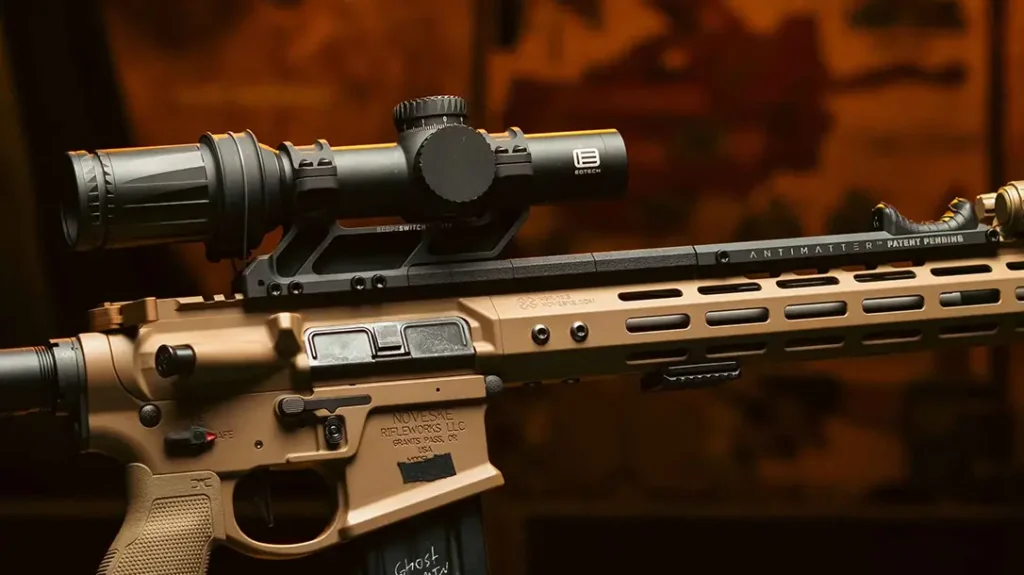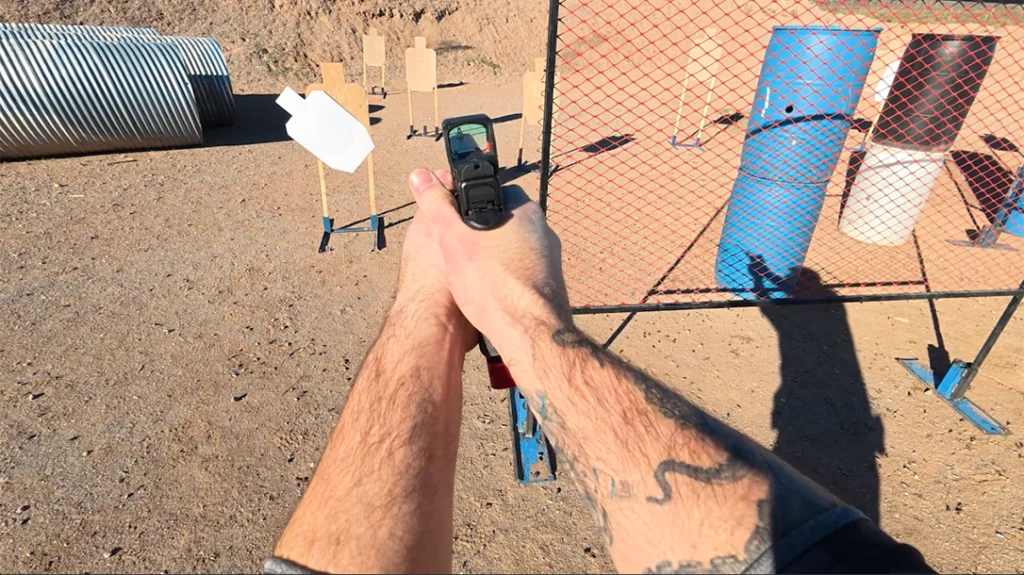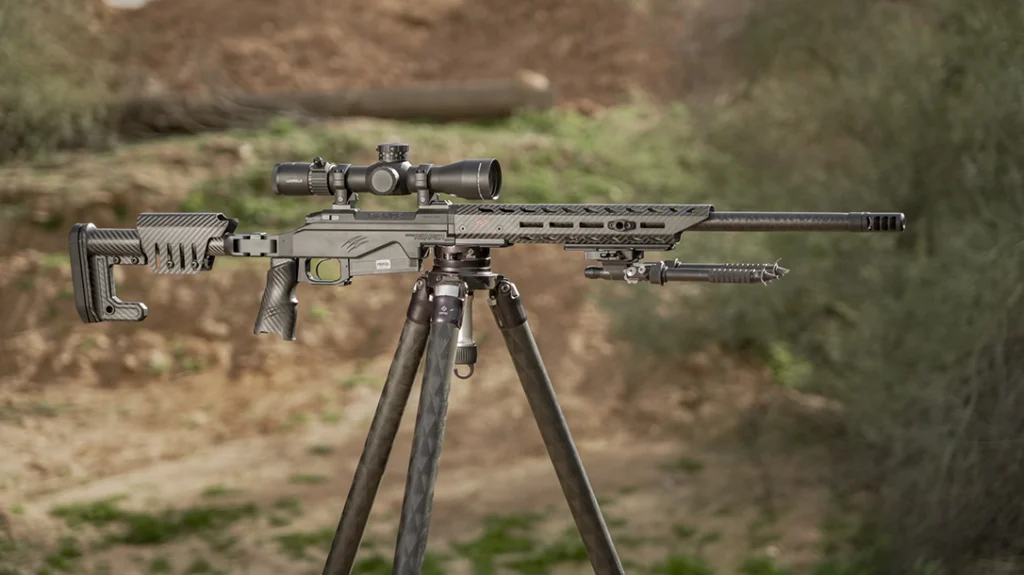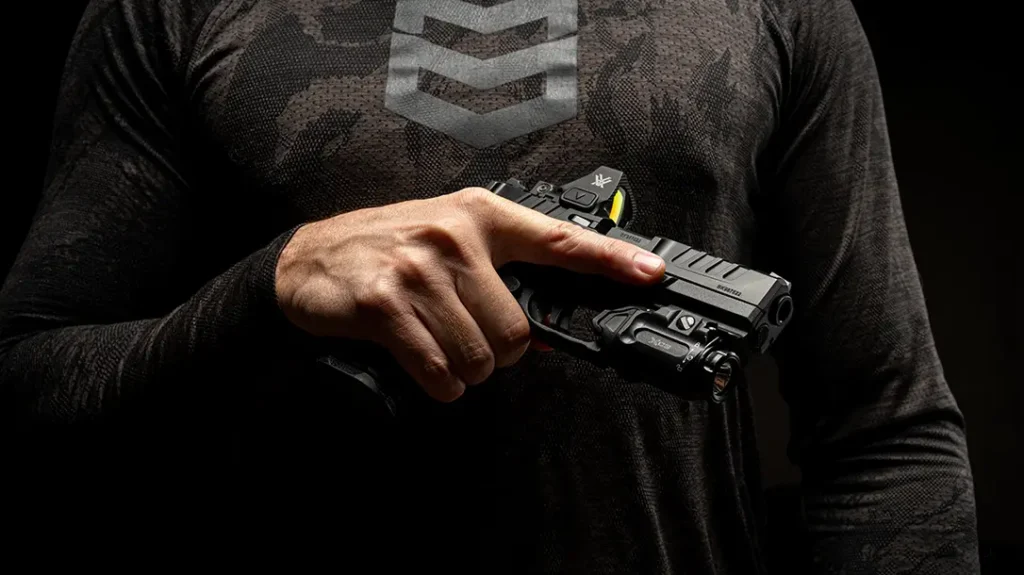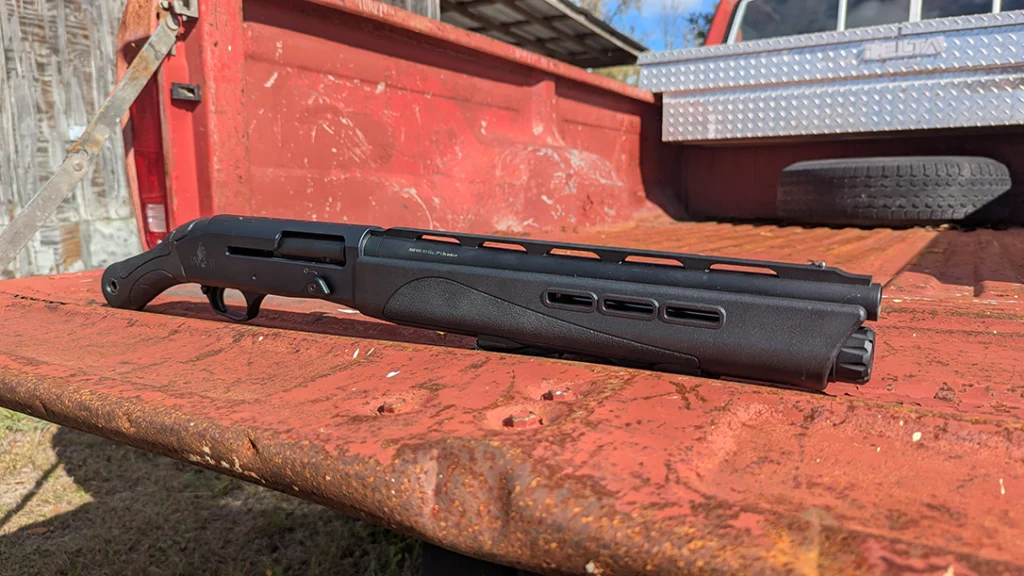Canadian gun owners have seen their rights whittled away a little at a time over the past several decades. Likewise, they are currently awaiting the fate of their semi-automatic modern sporting rifles. A so-called government “buyback” for those firearms is in the legislative works. As a result, they could start by the end of the year. But that is not the least of the gun control efforts in Canada now.
Canada Ramps up Its Gun Control Efforts
Now, adding insult to injury the Canadian government takes a leap toward dashing what liberty remains north of the border. They do so by banning the sale of all handguns in the country.
“It will no longer be possible to buy, sell, transfer or import handguns anywhere in Canada,” Prime Minister Justin Trudeau said at a news conference in Ottawa on Monday. “In other words, we’re capping the market for handguns.”
Advertisement — Continue Reading Below
Mimicking American anti-gun politicians who are using the recent tragic mass murders at a New York supermarket and Texas grade school as an excuse to push for more restrictive gun laws in the United States, Trudeau utilized the same shameless tactic.
“As a government, as a society, we have a responsibility to act to prevent more tragedies,” Trudeau said. “We need only look south of the border to know that if we do not take action, firmly and rapidly, it gets worse and worse and more difficult to counter.”
Ineffective Measures
Canada’s Liberal government has been kicking around a handgun ban for several years now. This, despite the fact that such a ban would likely have little effect on violent crime in the country. In fact, law enforcement authorities have been telling Trudeau and others that for years.
Advertisement — Continue Reading Below
Back in September 2018, a handgun ban was being debated. At the time, Mike McCormack, president of the Toronto Police Association, addressed the issue. He said that individuals who steal, sell or use guns illegally are already facing mountains of jail time. So, they’re unfazed by one more law that condemns their actions.
“There’s no way in my world or any world I know that this would have an impact on somebody who’s going to go out and buy an illegal gun and use it to kill another person or shoot another person,” he said back in September 2018 when a handgun ban was being debated.
Unfortunately for Canada’s lawful gun owners, Trudeau—like most American gun-ban advocates—doesn’t understand the simplest point concerning all gun control laws and why they are ineffective everywhere they are tried. While law-abiding citizens will follow such laws, to their own detriment, criminals will not. That’s why they are called “criminals.”
Advertisement — Continue Reading Below
Will The United States Follow Suit?
However, don’t think that the Canadian government is the only one in North America that has handguns in its sights. Following a recent visit to the Texas town where 19 students and two teachers were killed last week, President Joe Biden announced his support for a ban on the common handguns most commonly used for self-defense in the United States.
Biden claimed he had once visited a New York Hospital where doctors showed him X-rays of gunshot wounds. He insinuated that he learned that 9mm handguns are so powerful nobody should be able to own one for self-defense.
“They said a .22-caliber bullet will lodge in the lung, and we can probably get it out—may be able to get it and save the life,” Biden stated. “A 9mm bullet blows the lung out of the body. So, the idea of these high-caliber weapons is, uh, there’s simply no rational basis for it in terms of self-protection, hunting.”
Advertisement — Continue Reading Below
Of course, as most gun owners are well aware, a 9mm bullet doesn’t commonly “blow the lung out of the body,” despite what Biden says and wants others to believe. Additionally, there are many other semi-automatic handgun chamberings more powerful than the 9mm. Not to mention, several more powerful revolver cartridges and dozens of more powerful rifle rounds.
In the end, gun bans—whether in Canada or the United States—are ill-conceived because they only affect the law-abiding. Since criminals remain armed, gun bans always make lawful gun owners less safe in the long run.
